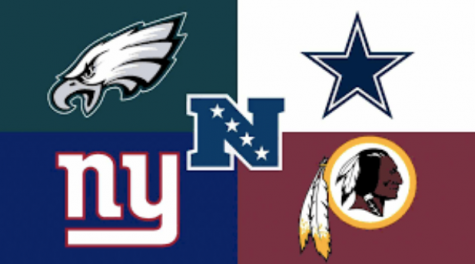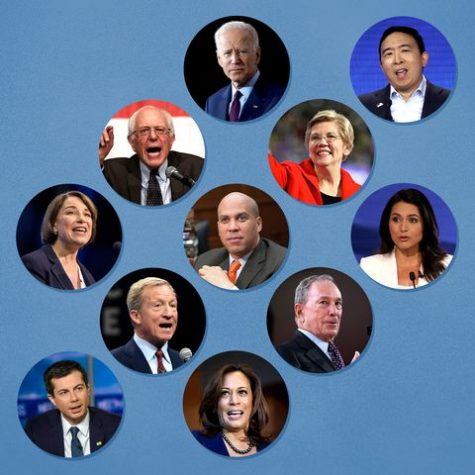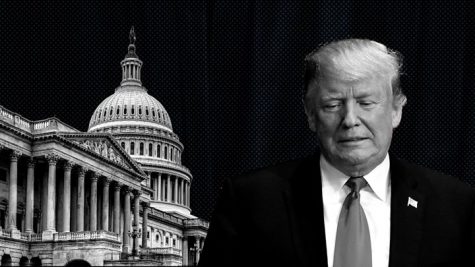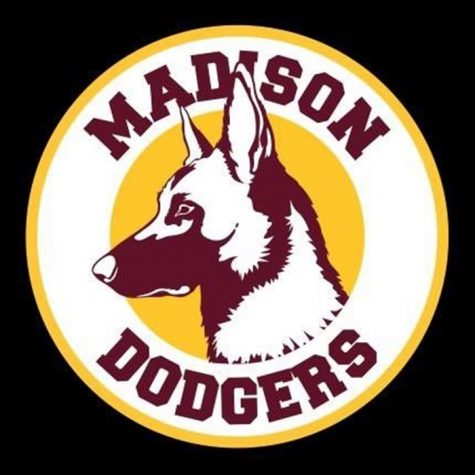The AT&T and Time Warner Merger: A Fight for Vertical Integration

AT&T and Time Warner Logos Respectively
AT&T is the company that never forgets. The telecom giant must be missing the good old days of monopoly and vertical integration, but instead of having its own manufacturing department, AT&T seeks to now produce its own media content. For the past month or so, AT&T has fought the Department of Justice over its decision to sue AT&T merging with media producer Time Warner (NOT the cable provider Time Warner Cable, those are two separate companies). AT&T announced its decision to purchase Time Warner back in late 2016 for $85 billion. The DoJ sued the tel-co behemoth on November 20th, 2017 over antitrust concerns (AT&T).
AT&T has stated that the vertical integration of Time Warner would lead to the “next wave of innovation in converging media and communications industry,” lower prices for its customers, and speed up efficiency (AT&T). The Time Warner company includes big content creators such as CNN, Warner Brothers, and HBO. This means that America’s largest telecom company will fuse together with one of the most successful media producers in the world, and AT&T promises these new synergies will spur innovation and make the customer more satisfied.
However, the Department of Justice is not so convinced. The DoJ argues that if AT&T merge with Time Warner, then it can and will charge competitors, like Verizon, more to have Time Warner content on rival services. AT&T could also withhold some of its content to other rival streaming sites as well. The DoJ believes the vertical integration could harm the consumer and the American people in the long run (Reuters). AT&T has expressed great surprise and even contempt towards the DoJ over their lawsuit, calling it “a radical and inexplicable departure from decades of antitrust precedent,” citing examples like the Comcast-NBC merger a few years ago (AT&T). The DoJ and AT&T/Time Warner have made their cases to Judge Richard Leon of the District of Columbia, who will make a decision in the coming weeks (CNN).
Interesting enough, AT&T is no stranger to antitrust suits over vertical integration. The whole break-up of AT&T back in 1984 was over AT&T’s wholly owned manufacturing company Western Electric. Western Electric would supply AT&T all the equipment it needed, and this vertical integration would help AT&T keep hold of a monopoly over the telephone market for almost a century. The DoJ and AT&T ultimately reached a settlement, and AT&T was forced to give up the local operating companies, which would later become names we are familiar with like Verizon decades later. The difference is, Western Electric helped AT&T keep the monopoly status, while Time Warner could help AT&T regain the monopoly status, albeit over a different market. The government ruled that telecom-manufacturer vertical integration was not good for competition, so telecom companies started buying media companies instead. AT&T currently controls its own network, DirecTV (the service), and soon Time Warner (the content), leading to an almost closed system.
Judge Leon’s ruling could set an important precedent for where telecom-media vertical integrations stand with the government, and whether or not it will continue to be a trend for the next few decades. The ruling could also cause a ripple effect, and shape what different streaming services will look like in the future along with how telecom giants compete with Silicon Valley leviathans like Google. Whatever the verdict is, it will mark the end of another epic battle between AT&T and the forces of regulation.
http://about.att.com/story/att_to_acquire_time_warner.html
http://about.att.com/story/att_statement_on_latest_developments_in_proposed_acquisition_of_time_warner_inc.html
http://money.cnn.com/2018/04/17/media/att-time-warner-rcn-jim-holanda/index.html
http://money.cnn.com/2018/04/23/media/att-time-warner-judge-richard-leon-options/index.html
https://www.reuters.com/article/us-timewarner-m-a-at-t/att-economist-argues-time-warner-merger-is-good-for-consumers-idUSKBN1HK05W










